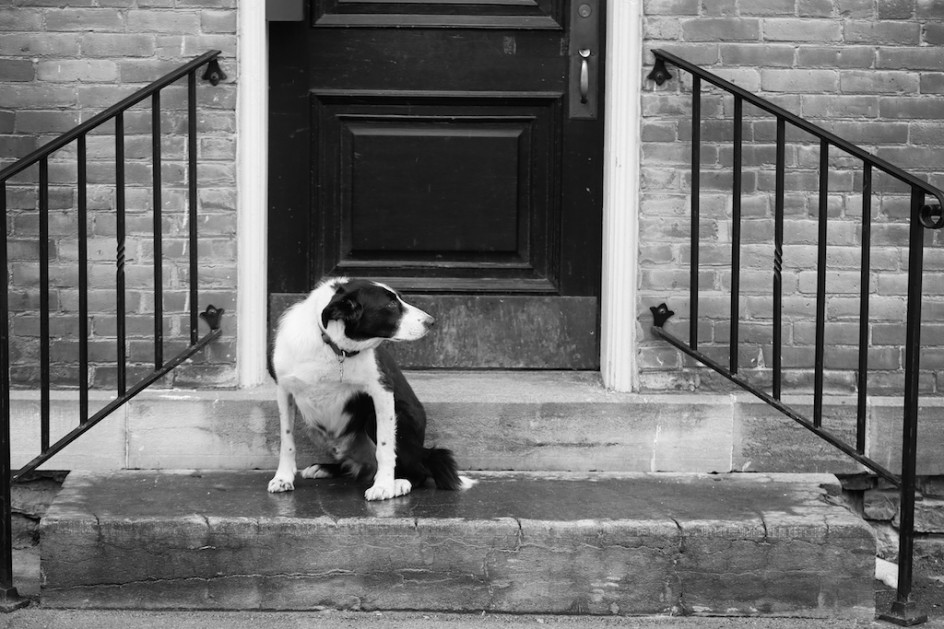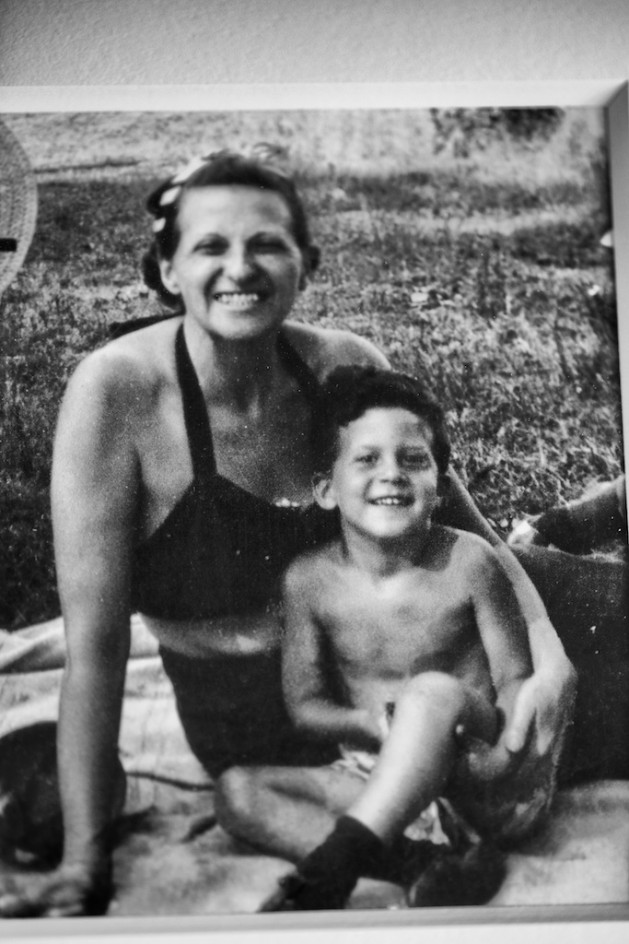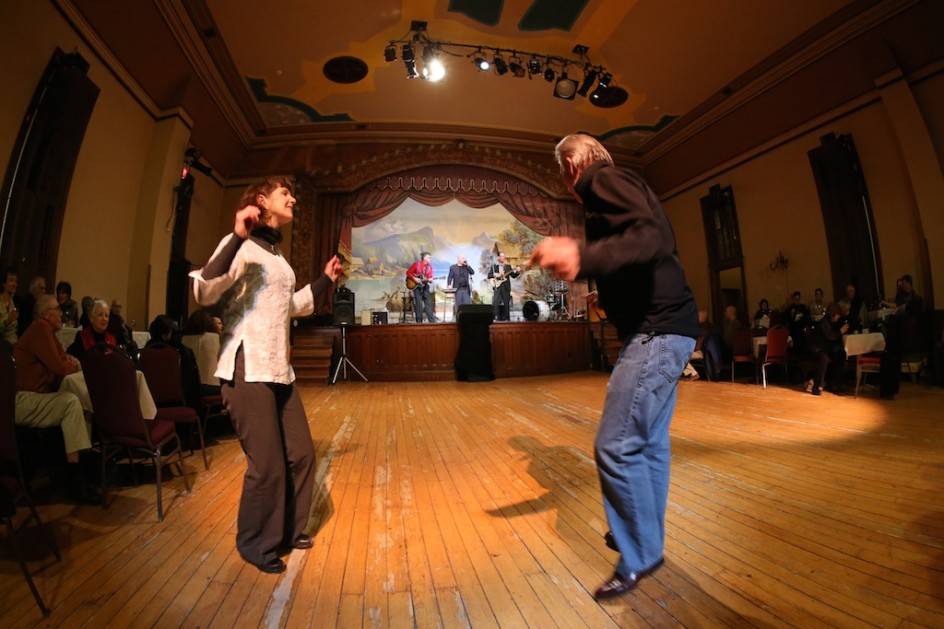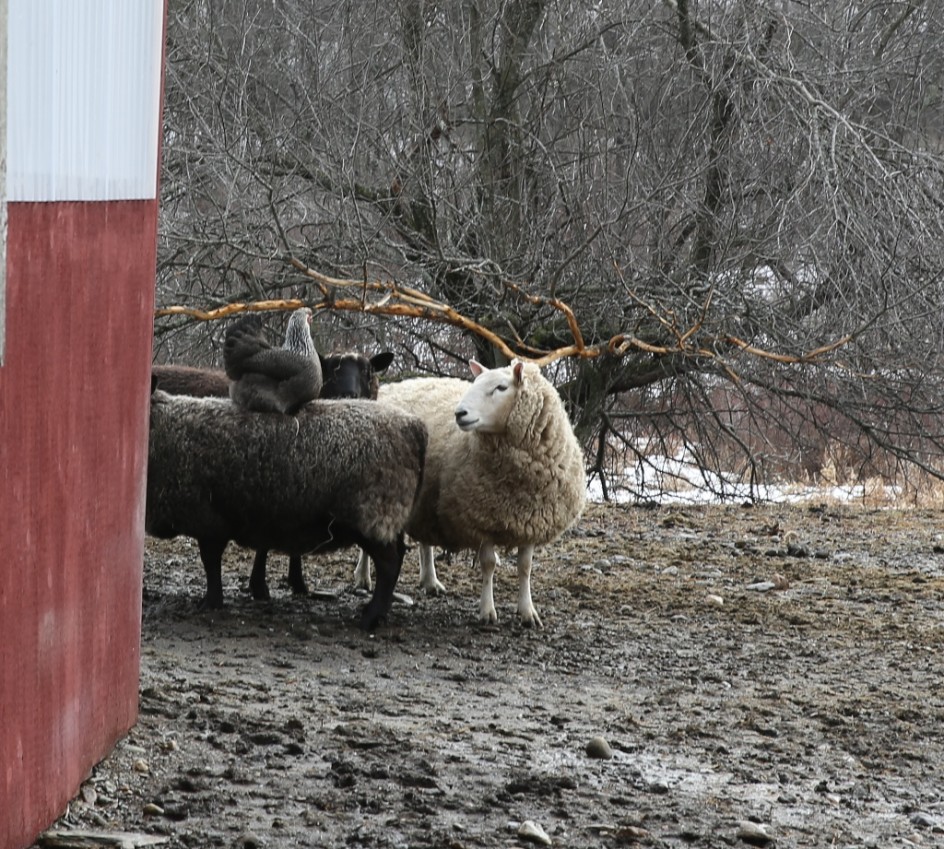
Alex was heading out the door, checking the battery time on his smart phone, putting his Ipod buds in his ears, shifting his backpack more comfortably on his shoulders, he was surprised to see his father blocking the hallway in front of the door, the sound of the cable new channel debate wafting through the house, a sound that had competed with his music for several years.
“Son, I need to talk to you.” Alex froze, he loved his father, he was a good and hard-working man, a lineman for the electric company, but his father rarely asked to speak to him, and it was not usually something good or easy. When he did want to speak to him about something seriously, it was always in the hallway, that was where all serious conversations took place, as if they had to be on the fly and couldn’t last too long.
“Your mother told me you were taking the wages your earned at the market out of the bank, you are using the money to take that music class at the community college.” He paused, his big frame blocking the light in the hallway. Alex was in awe of his father, a strong and silent man who had the respect of everyone on their small town. His father had always made it clear what he thought about Alex’s music, the songs he was always writing, the time he spent practicing his guitar.
“Listen,” he said, “I have to be straight you son, you deserve that from me, I’ve learned the hard way. Music is a road to nowhere, there is no future in it, no security. It looks great to you now, but one day you’ll have a wife and kids, a house and responsibilities. You need to be studying something that will get you somewhere – law, maybe, engineering, something with a future, with a regular paycheck. I know you can’t see this now, and this is your money, you earned it, I can’t tell you what to do with it. But you know I love you and I can tell you security is everything in this world, you can’t live your life in a high school fantasy. Don’t throw your hard-earned money away, I will not be giving you more, not to waste. You aren’t going to be Bruce Springsteen, you need to save your money to study things that will get you a good job with a future.There is no future for you in music.”
Alex was not surprised, he had heard this before, he knew how his father felt, but still, it stung. He thanked his father for the advice, said he would think about it, and then he left the house. Although he tried to hides his shaking hands and felt a band of sweat forming a sheen on his forehead, he waited outside for his friend Lucy to pick him up and drive him to the community college, where he wrote a check for $800, more than two-thirds of the money he had saved working at the IGA down the street on weekends. Lucy loved Alex’s music, she was the only person in his life who didn’t think he was insane. That was a lot of stacked boxes, he thought to himself as he wrote the check. On the application, he wrote, “I am a wannabe singer.”
Alex hadn’t even told Lucy that he had applied to the Boston Conservatory of Music, spent hours in the library and with his music teacher Mr. Stevens filling out the application, sending tapes and videos. Mr. Stevens had written a glowing recommendation to the school, so had Al Pendergrast, the owner of the town cafe where Alex played on Wednesday nights for the usual crowd of five or six people and two bag ladies. And Lucy and sometimes Mr. Stevens.
When Alex got to the classroom, he saw there were another dozen students there and the professor, formerly the lead guitar in a local rock and wedding band, standing in front of the classroom. His shoulder length hair was about the only vestige of his life as a musician, he told the class.
“Welcome to Advanced Music 140,” he announced. “Before we start, I just want to be honest with you aspiring musicians. None of you will make a living doing this. It’s a kind of shell game, I make money teaching it but you will never make money doing it. That’s how it goes, they sometimes call it a pyramid scheme, eople make money teaching something nobody they teach will be able to do, and they make sure to discourage everybody who wants to do it. Some of the best musicians in the world are starving right now, and probably always were. You don’t have a chance. Lightning does not strike much in the music industry. It’s even worse than being a writer, and that is pretty bad. I’m happy to teach you what I know, but listen to your parents, I don’t want to take your money under false pretenses. Get a day job that will put food on the table and don’t ever give it up. Let’s get to work.”
***
Alex had sat through the first class, then had a world-class panic attack, his father’s wise words echoing in his head. He went to the registrar’s office and got his check back. He applied for and received a partial scholarship at Penn State University, his father was pleased to help him pay the tuition, he ended up with an engineering degree and 20 years later, he was secure and respected, he had a good job working for the State of Pennsylvania’s Building Division. His days were relatively busy if routine, he was rarely challenged or stimulated, he nearly drowned in paperwork and bureaucracy most days, and he almost always daydreamed about his music as he made his rounds inspecting building projects.
As his father had predicted, he was married – to Lucy as it turned out, now a hard-working nurse-practitioner, he had a son to worry about, a three bedroom split-level with attached garage and a small pool. They had even saved up and bought a second home in Poconos, it was the good life in most ways, the life middle-class working people dream of having in America. He had gotten that good day job, he had health care, a pension and the best job security there was – a high-level state job in the state capitol, Harrisburg. He had taken his father’s advice, and that of the professor – it seemed foolish to disregard both of them, despite the pleadings of Mr. Stevens, but what did he really know?. A small town music teacher who never made it in the music world himself. Music was always in Alex’s head, in his dreams and thoughts, even after all those years. But it was always in the background, a day dream, Lucky still loved to hear his songs but few others ever did. His father was right, that was not his path.
Once or twice a year, he would visit one of the few remaining smoke-filled cafes with open mic nights, he never played there, but he had never sold his guitar. His son Mark, now 18, played the guitar also, the two of the often wrong songs and played together, some of the sweet nights of his life. Silly nights, he called them. The two of them sang every now and then at family functions and on holidays, they allowed themselves to be badgered into doing it. Mark had joined a friend’s band and they had accepted a few free gigs at school parties. The apple from the tree, thought Alex, Mark loved playing and song writing just as he had.
Mark, like Alex, was careful and responsible, he had absorbed the idea that a musician’s life was reckless, a life of impoverishment and uncertainty. It was something he loved as a hobby, it was not something he would think seriously about doing for a living, this was something he shared with his father, with whom he was close. He often thought about a career, something safe, something, unlike music, that you could count on. Accounting, maybe, or law.
Alex thought Mark was very good, he had a real gift for music, but he never discussed a life of music with him, would never encourage that, his father’s caution was still so fresh in his mind, the professor’s disclaimer lodged in his consciousness after all this time. Alex had made his choice – his family, security, money in the bank, good benefits. At night, when everybody was asleep, Alex sometimes went into the basement alone wrote music lyrics, he had three boxes full of them, he was never happier or more at peace than when he was writing songs and singing them. Once in awhile, Mark, awakened by the music drifting up the stairs, would come down and join him.
After his father had died, his mother sat him down at the kitchen table – she was crying – and showed him the letter from the Boston Conservatory of Music accepting him into the school and offering him a full scholarship and a job in the school’s library. She was sorry, she said, your father thought it best, he was thinking of you, he loved you so very much. They had hidden the letter in the basement, in a box in the cold storage room. It had bothered her all of those years, she said. She didn’t know if it was the right thing, but your father made that decision, and we both stood by it.
“We agree with your music teacher’s assessment of your skills,” the letter said,” you have great promise as a musician.” His mother explained that his father decided to hide the letter to keep Alex from making a terrible mistake. Alex told his mother it was all right, he understood, and he shocked himself by suddenly bursting into tears on the way home, thinking about what his life might have been had he seen that letter. But then he settled, the sensible part of him taking hold again, he was his father’s son. What was the point of dwelling on it?, his father loved him and was doing what he thought best, just as he had always done with Mark.
One evening Mark approached Alex nervously as he was heading into the hallway to take the garbage out. “Dad, I want to tell you something.” Alex froze, he doubted it would be anything good from the nervous look on his son’s face. “I didn’t want to hide it from you, two months ago I applied to a summer music program run by Julliard College in New York City. I saw it on the bulletin board, my teacher said I should apply, I never thought I’d hear back. I sent the lyrics I’ve been writing and some tapes and they want me to come to New York City in two weeks for a face-to-face interview, there are only 20 spots and hundreds of applicants. I’m sorry I didn’t tell you but Mom told me what your father told you and I know how you’d feel about it. Don’t worry about it, I applied for a job this summer in town, I’ll be working in a law office, it would be great for my college resume. I’m taking that, but I just wanted you to know about the Julliard thing, it is cool, isn’t it, to be accepted there? Especially for a wannabe, right?…I thought you’d be proud.”
He saw his son was trembling, shifting back and forth. He saw his son’s eyes widen as he saw the tears streaming down his father’s face. “Dad, what…?” But Alex didn’t let him finish.
“Mark, I’m driving you to New York for that interview at Julliard,” he said, “you can do what you wish to do, but you will not spend the rest of your life wondering what might have happened if you had gone. You are not a wannabe musician, if you want to be a musician you are one, nobody else can tell you what you are or aren’t or what you should or shouldn’t be. I want you to call the law office and tell them you might not be able to make it. We are spending the next two weeks practicing music together, getting you ready. Is that okay with you? Whatever choice you make will be yours, not anybody else’s”
Mark looked stunned, he dropped his book bag and threw his arms around his father, and Lucky was startled to come out of the living room and see her husband and son locked in the most loving and intimate embrace. In a flash, all three of them were crying.




